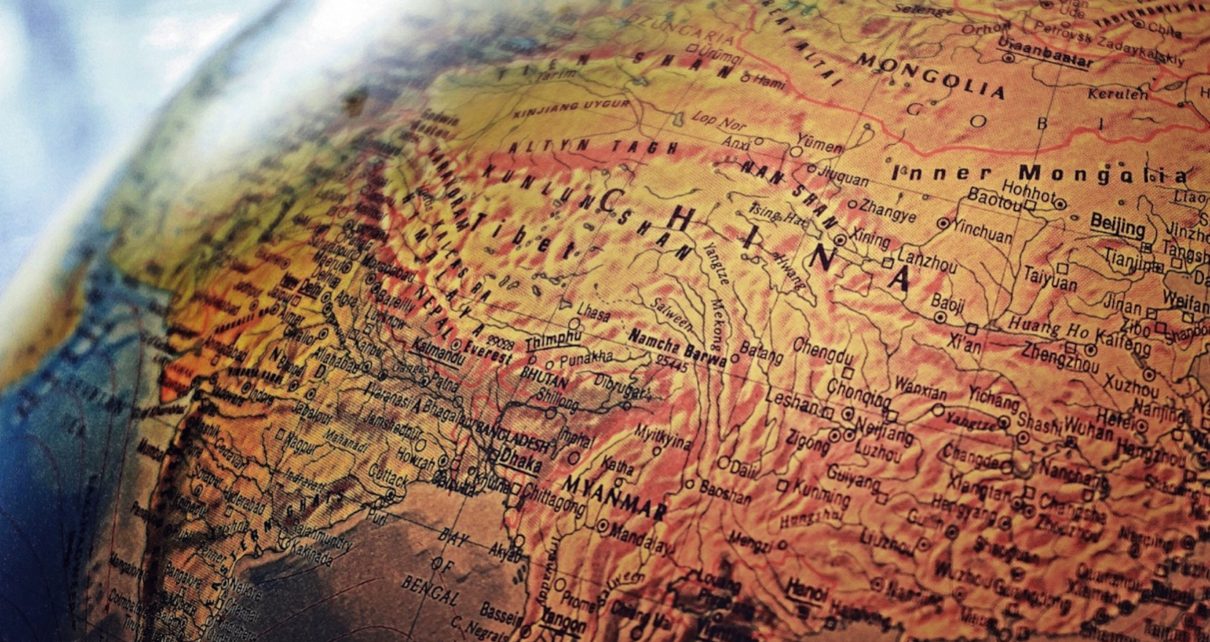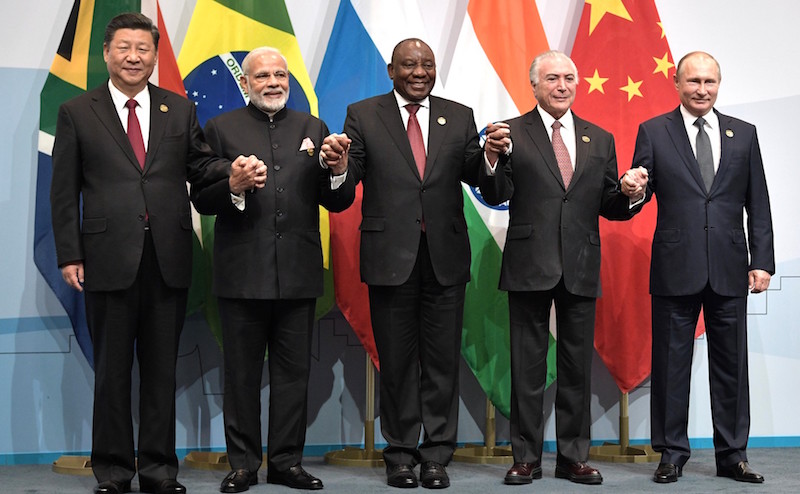In recent decades, China has established itself as a nation with global interests and the ability to fundamentally affect world order. In the past, the international community was more passive about China’s ascent. However, now that the West is becoming more aware of China’s growing power, the question naturally arises: Is China a threat? Some commentators claim that China’s military might and technological prowess make its growth menacing, whereas others claim that, whereas China’s hard power may be expanding, its ability to threaten the West through soft power is negligible, making it difficult for China to truly become a global leader in the full sense of the phrase.
The rise of China coincides with the evolution of international relations marked by the relative decline of the West and the concomitant rise of Eastern nations. Economic changes, such as the market reforms introduced by Deng Xiaoping, have been used by Chinese communist leaders as a means of consolidating power. China’s economic success in recent decades ultimately emerged from the introduction of capitalism and the rejection of central planning. Since that time, China has developed significantly, becoming one of the pre-eminent economic powers in the world.
How China Has Remade Global Politics
Over the past two decades, China’s rapid rise has transformed its economy into a leader in cutting-edge technologies. It is now the main trading partner for many developing nations. However, China’s marked growth into a global power has not come about without points of tension. Economic reforms, such as financial sector liberalization, state-owned enterprise reforms, and labor market reforms have been put on hold, and unfair trade practices, such as forced technology transfers, which undermines the proper function of international trade, have sparked trade wars and controversies with the West.
In recent years, particularly in relation to territorial conflicts in the South China Sea, China raised the profile of its goals and assumed a more forceful international posture. In particular, China adopted a more jingoistic foreign policy stance after the 2008 Beijing Olympics. This alerted the rest of Asia and the United States that China’s economic might would have geopolitical repercussions. With President Xi Jinping re-elected for a third term, he has essentially solidified his power as a virtual dictator; the implications of this centralization of power for China’s continuous growth is as yet undetermined. However, there is no assurance that China’s progress will not stall as a result of structural economic issues, such as real estate contractions, a shrinking population, and slowing productivity. There have also been internal conflicts like demonstrations against Xi’s Zero-Covid policies and foreign pressure stemming from Beijing’s rivalry with the United States.
China’s Ambitions
China has ambitions to expand its ability to project power in the Indian Ocean, to respond to the unrest in Central Asia, and to build its first foreign military base in the Horn of Africa. China’s embrace of the regions of Latin America and the Caribbean has also grown as it has risen to prominence in commerce and investment there. Concerns in the United States have been raised by China’s economic and geopolitical growth in the Red Sea region, including the establishment of its first overseas military station in Djibouti, and its expanding influence in Afghanistan.
These are just a few examples of China’s increasing use of economic and military statecraft to expand its influence, and the United States and its allies are finding it difficult to adjust to this assertiveness. For example, the Center for Strategic and International Studies recently published its findings after conducting a war simulation of a U.S.-China clash over Taiwan, revealing that the United States and its allies could prevail in such a hypothetical conflict, but only at a very high cost. With violent clashes at the border with India, a growing presence in the South China Sea, and military incursions in the Taiwan Strait, China’s behaviour on the global stage has been characterized by mounting aggression.
Should We Be Afraid of China’s Rise? Hard and Soft Power
As dangerous as Sino-Western military and economic competition is, the current conflict between Western and Chinese values is less of close race. Soft power does not automatically transfer to another state when it is lost by one, as in the case of the United States and China. In recent years, the United States has experienced a great deal of domestic political division and controversy surrounding its international leadership. This does not amount to a permanent loss of soft power by the United States, but stokes apprehension on the part of other nations with similar values over whether future American leaders will recommit themselves to America’s global leadership role. Values cultivated from trust, over time, are not something China can easily transfer to itself.
China’s struggle for soft power is limited for a number of reasons. First, other powerful nations do not trust China because of the ideological gap between Western liberal democracies and China’s authoritarian regime. Second, China’s foreign policy has changed substantially, using hard power more and more aggressively, which has harmed its reputation abroad. Third, recent domestic measures, such as the Zero-Covid policy, put China in a difficult situation, causing its government to lose both its influence outside and within its own borders.
Conclusion: Parsing the Threat
Although China may not be an immediate threat to the rest of the world in terms of soft power, its significant economic and military growth is something that the West needs to attempt to counteract. Because the Chinese government possesses such a drastically different value system from the West, international relations, trade, and global security could be disturbed if Beijing is further unconstrained by a multipolar world. In summary, China’s hard power is a threat, but to truly become the global leader that supplants the United States, its lack of soft power is something it would have to address.
China is, in some ways, inherently different from the West. It has different values related to governance. The West should examine it critically as a growing power that could contribute to a working system that runs the world today, but also as a potential menace. The focus should be on creating new foreign policies around China, take lessons from its impressive growth, and learn how to interact with a country that will not fit into a pre-existing mold perfectly, or might even try to break it. Subsequent instalments in this series will examine where the flashpoints of friction between Chinese ascendence and the Western world lie.
Photo: “Brown World Map Illustration” (2018) by Suzy Hazelwood via Pexels. Public Domain.
Disclaimer: Any views or opinions expressed in articles are solely those of the authors and do not necessarily represent the views of the NATO Association of Canada.




